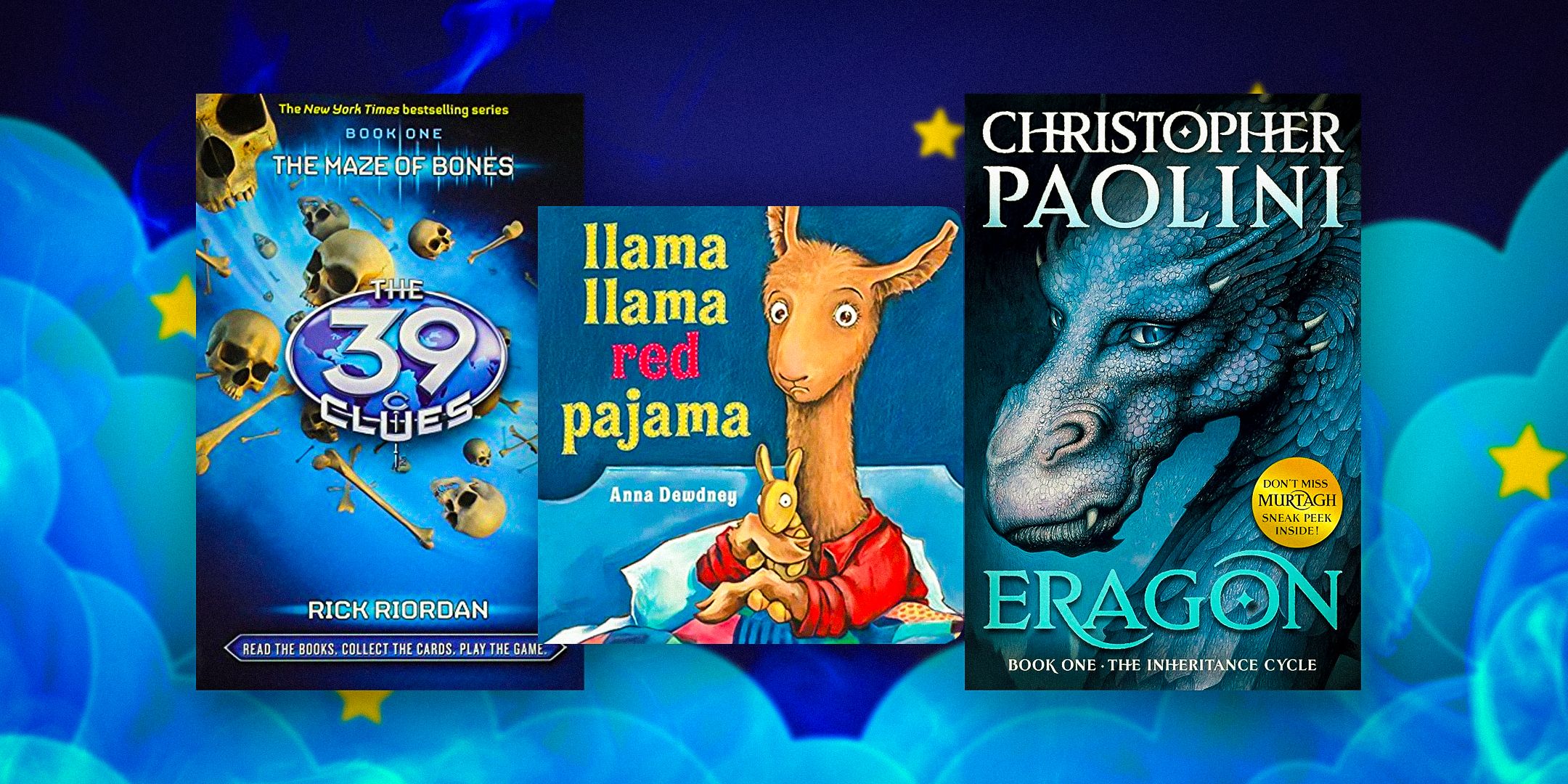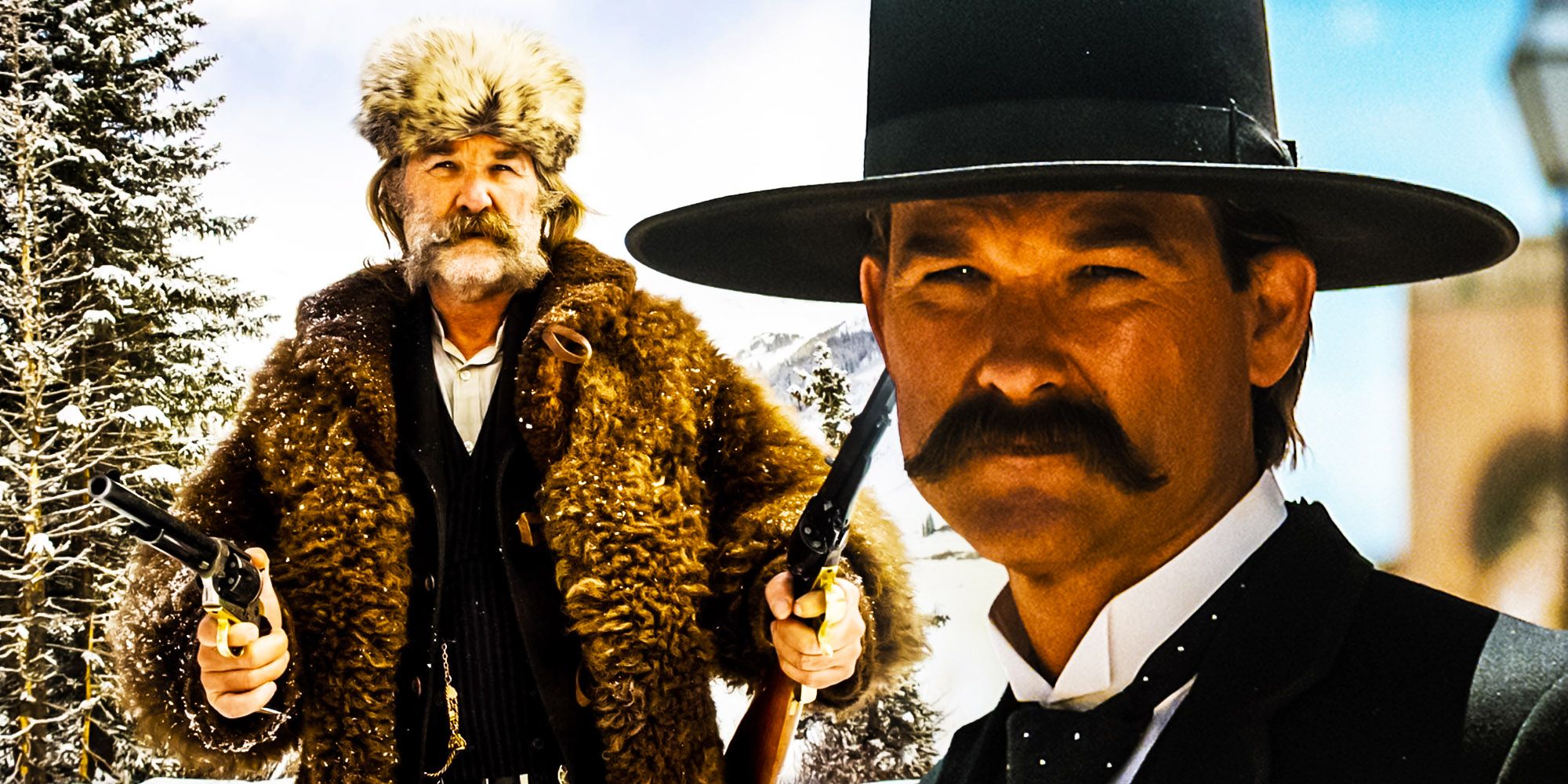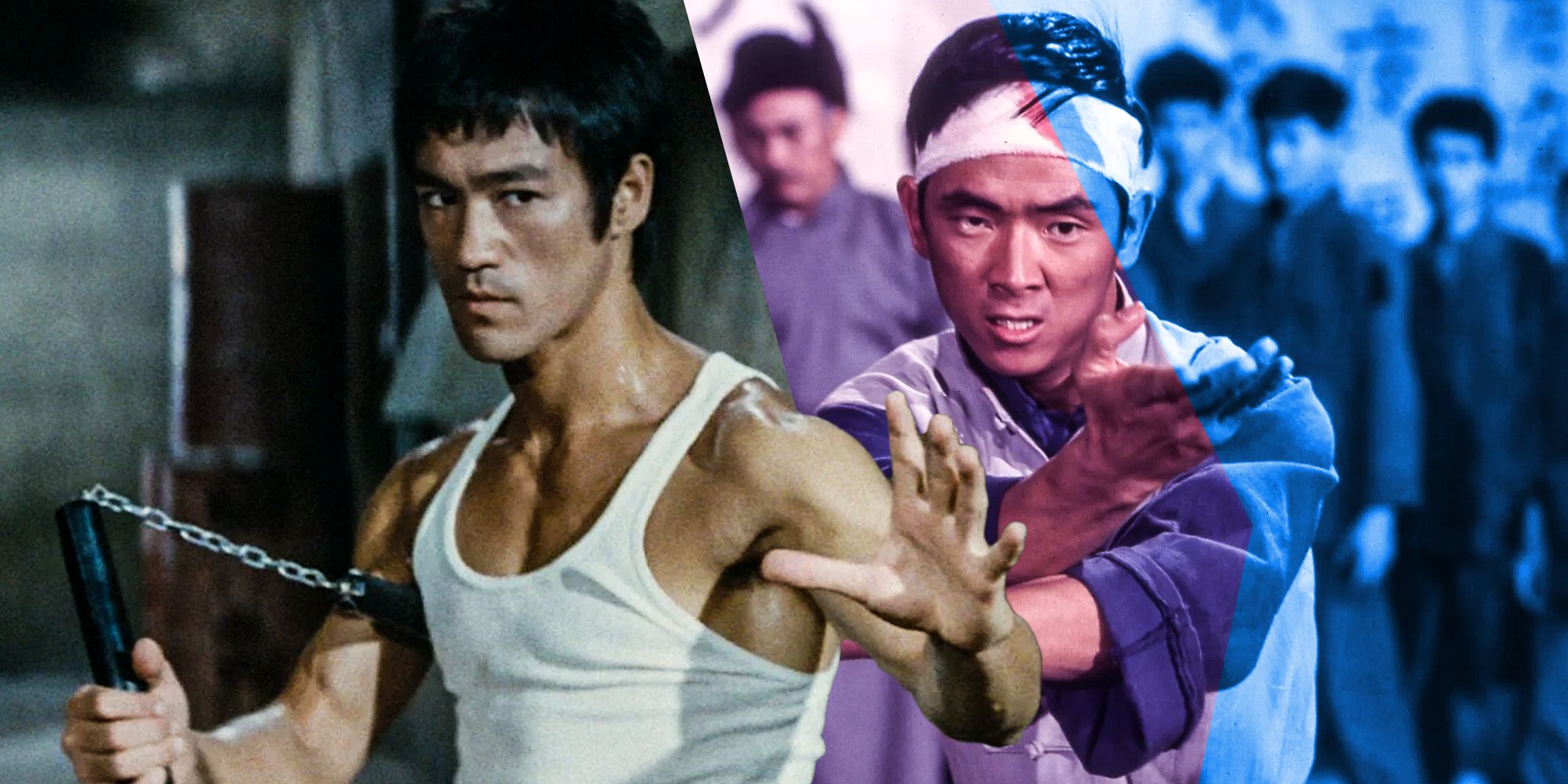Carrie is Stephen King’s first published novel and the first of his works to get a big-screen adaptation, and he thinks the movie’s ending is better than the one he wrote. Carrie was published in 1974, and introduced readers around the world to the mind of Stephen King and the different supernatural and horror characters and worlds that live in it. Carrie is now a classic in the horror genre and has been adapted to film, stage, and TV.
The novel’s very first adaptation arrived in 1976, directed by Brian De Palma and starring Sissy Spacek as Carrie White. The novel and movie follow 16-year-old Carrie, who is constantly mocked and bullied at school and also has to deal with her extremely religious mother, who has abused her emotionally, physically, and psychologically all her life. Carrie begins to discover she has telekinetic powers, which when the times comes, she uses to exact revenge on those who had been tormenting her, including her mother – but as these powers are new to her and there’s a lot of anger and resentment in her, she also causes a major disaster in town. Carrie was a big commercial and critical success, being nominated to various awards, and ranking as one of the greatest horror films ever made.
Through the years, many novels by Stephen King have been adapted to the big screen, some better than others, and not all count with the approval of King (the most famous example of that being Stanley Kubrick’s The Shining). Luckily, Carrie has been praised by King, who even shared that he liked the ending that De Palma and company gave to the story better than the one he wrote. King’s novel ends with Carrie going back home to confront her mother, who believes her daughter has been possessed by Satan, and so confesses she was the product of marital rape before stabbing her in the shoulder. Carrie fights back by mentally stopping her mother’s heart, and then goes to the roadhouse where she was conceived. There she comes across with Billy and Chris, who try to run her over but are unsuccessful as Carrie takes control of the car and sends it into a wall. Carrie collapses and bleeds out from the knife wound, and is found by Sue, who proves she had never felt animosity towards her. Carrie forgives her and dies, while a state of emergency is declared after all the chaos she caused.

The movie made some changes to the ending but they were for the better, as the original ending wouldn’t have fully worked on the big screen. In it, Carrie is also stabbed by her mother but in the back. Carrie then causes various knives and other sharp kitchen utensils to flye towards her mother and crucify her, and burns down the house with them still inside (the scene with Chris and Billy happens on her way home). Sue is then shown in her bedroom, and has a dream where she lays flowers on the remains of Carrie’s home, with Carrie’s arm suddenly reaching out and grabbing her forearm. King has shared the ending was truly shocking to him and the rest of the audience, and has praised De Palma’s decision to “armor the audience off” and making them think everything was alright before having Carrie’s arm coming out from the ground.
While Stephen King is one of the most respected authors not only in the horror genre but in general, his stories are known for having troubled endings, and Carrie is no exception. Brian De Palma fixed the ending and made it truly shocking and tragic, and King admitting it was done better than in the novel speaks volumes about the author in a great way. In the end, it’s also up to the audience to decide if Carrie got a better ending in the novel or the first film.





